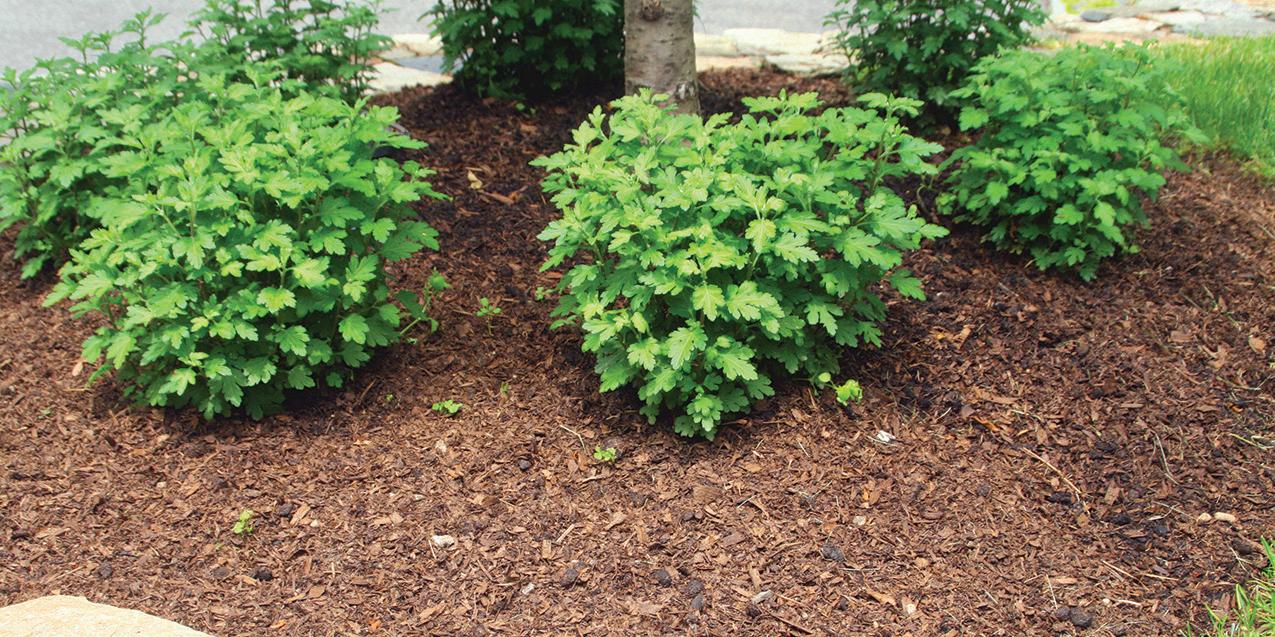Southern Hills, Realty & Appraisal























The kitchen may be the heart of a home, but when it comes to en tertaining, a dining room — if one is pres ent in a house — tends to be the prime gather ing spot for meals.
Dining rooms may not be top on the list of spaces to renovate, as they tend to be used infrequently. But a dining room make over may still be a worthy endeavor.

There are many simple ways to dress up dining spaces and make them more ele gant.
The first step toward improving a dining room eating area is to remove any extraneous items from the space. If the dining room table is not used very often, it likely has become a catch-all for other items, such as bills, newspapers or kids’ homework. Rather than using the dining space as a makeshift office or homework station, invest in a rolling cart to store those papers and other items. Simply roll it into a closet or another room when it’s time to host a party.
Few decorative items add as much drama and ambiance to a din ing space as a new overhead light. People hear chandelier and think a bejeweled or crystal design. But various chandelier styles can fit the aesthetic of a home. The light will be a focal point and instantly make the dining area more elegant. Install the light on a dimmer to adjust the illumination as needed to set the mood.
Purchase coordinating table linens that will be used for special occasions. A decorative table cloth or table runner coupled with cloth napkins and placemats helps to set the scene of the dinner party.
Many modern homeowners have eschewed the China cabinet that once was standard in dining rooms. Rather than a bulky piece of furniture, a large piece of statement-making artwork or framed photos over a more minimalistic buffet table or small service bar is prefera ble. Choose artwork that complements the colors in the space.
Centerpieces add sophistication to the table and tie into the event. Floral arrangements, a bowl or basket of fruit, pine cones or greens from outdoors, or collectibles like shells in a tall canister can serve as centerpieces.

Many homeowners think they have to spend tons of green to get green in their landscape, but that isn’t necessar ily so. Homeowners can improve their landscapes without digging themselves into financial holes. These strategies can help anyone save some cash and still end up with attractive gardens and more.
Some handy ideas can help homeowners transform landscapes without spending too much.

If commercially installed pavers or cement walkways are not within your budget, there are some affordable alternatives. Flagstone or individually purchased and spaced pavers and pea gravel can be used to create pathways. Some construction sites even offer free stones when asked. Soften the look with moss or other plants on the perimeter.
Lawns can require hours of upkeep that may involve the appli cation of expensive fertilizers and weed-killing products that are not always so eco-friendly. Reduce the size of a lawn by putting in a mixed planting bed of perennials or ornamental grasses, or use landscape fabric and mulch.
Municipal recycling centers may offer residents access to free mulch made from grinding up leaves, branches and other plant de bris collected throughout the town. Simply bring a few containers to the recycling center and spread the mulch for an ornamental look or to insulate landscapes over winter and protect against weeds.
Old wheelbarrows, barrels, watering cans, and other items can be repurposed into container gardening vessels. Figure out if items marked for the garbage bin can be incorporated into garden features instead.
Perennials are the gardener’s friend when it comes to saving money. These plants sprout anew each year, and many, such as se dum, catmint, ferns, hostas, and black-eyed Susans, can propagate by division. Figure out the best times of year to divide the plants and start growing them in individual containers before planting the sturdy new shoots in the ground. A single variety of plants grouped together in mass plantings is affordable and easy.
Garden centers may begin to make room for holiday items come the fall. Take advantage of reduced costs on remaining plants and landscape accessories during this time of year. Plants can be cov ered or allowed to thrive indoors until they can be planted in the spring.
Homeowners planning on a big landscaping or revitalization project may want to speak with neighbors to see if they’re interest ed in doing the same. Contractors guaranteed business from a few homes in the same neighborhood may be willing to negotiate low er prices for the volume of work on things like driveway repaving, deck- or fence-building, or installation of paver patios.

and football might be two things people instantly associate with fall, but there’s more to this beloved season than brightly colored leaves and action on the gridiron.
Gardeners know that spring is an ideal time to plan and plant their favorite flowers and most flavorful fruits and vegetables. However, sea soned gardeners know that gardening is a yearround commitment. Pruning is one of the keys to keeping perennials coming back for years to come, and fall is an ideal time to take on this important task.
Pruning perennials in the fall is not a onesize-fits-all endeavor. According to the Old Farmer’s Almanac, some perennials can be cut down after the first killing frost, while others can be left to benefit wildlife, including birds and insects. Understanding pruning and when to do it this fall can help gardeners lay a strong foundation for their gardens that will benefit them next spring.
Pruning perennials in fall can be the first step toward creating an awe-inspiring spring garden.

The College of Agricultural Sciences at Pennsylvania State University notes that perennials that have become diseased or infested with insects are pruned to prevent those problems from resurfacing in the spring. In addition, according to the Old Farmer’s Almanac, many herbaceous perennials have old foliage and dying stems after several hard frosts. If dead foliage or dying stems ar en’t pruned, disease, slugs and other pests can overwinter in the plants. Cutting these plants down to the ground after several hard frosts allows the base of the plant to remain dormant over the win ter but makes the plant less hospitable to disease and insects.
The first step to pruning perennials is to recognize which need to be pruned and which can be left intact for the winter. The Old Farmer’s Almanac notes that bee balm and phlox are prone to powdery mildew and should be cut back once they’re gone. Hostas harbor slug eggs, so they, too, should be pruned after a hard frost.
Hosta leaves that have fallen on the ground should be removed as well. There’s no need to cut back certain perennials if they’re healthy. For example, hardy geraniums do not require pruning in the fall, and Penn State Extension notes that hardy perennials like garden mums are more likely to survive a cold winter if they’re left intact. That’s because the tops of such plants will collect leaves and snow for insulation and moisture over the course of winter. Gardeners who are unsure about fall pruning can speak with their local gardening center for additional advice regarding which plants to cut back before winter.
Gardeners need not rush to prune perennials in the fall. Dis eased or infested plants can be pruned at the first sight of disease or infestation, but gardeners can wait until several hard frosts have occurred before they prune healthy perennials. In gardening par lance, a hard frost refers to when temperatures drop below 28 F. Several hard frosts kill the uppermost growth of most perennials, making this an ideal time to prune them.







